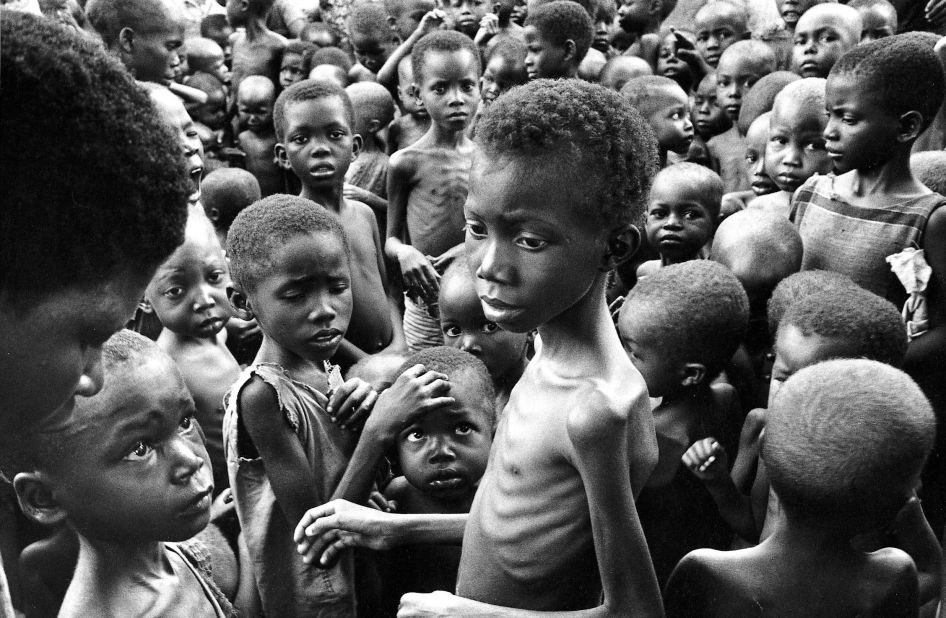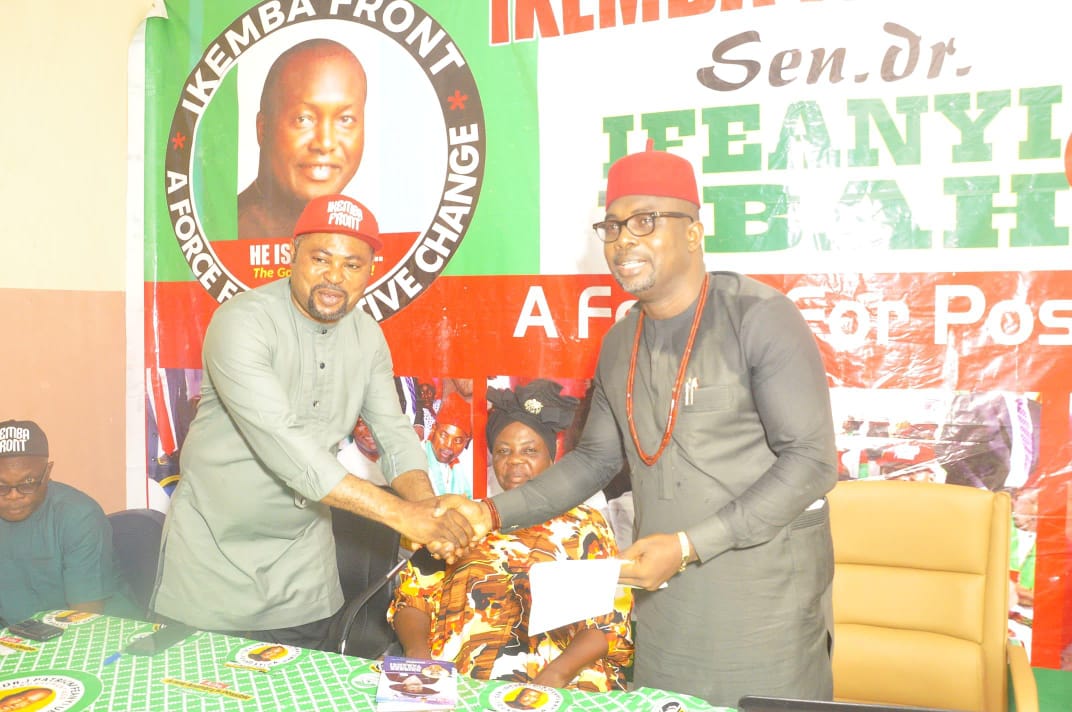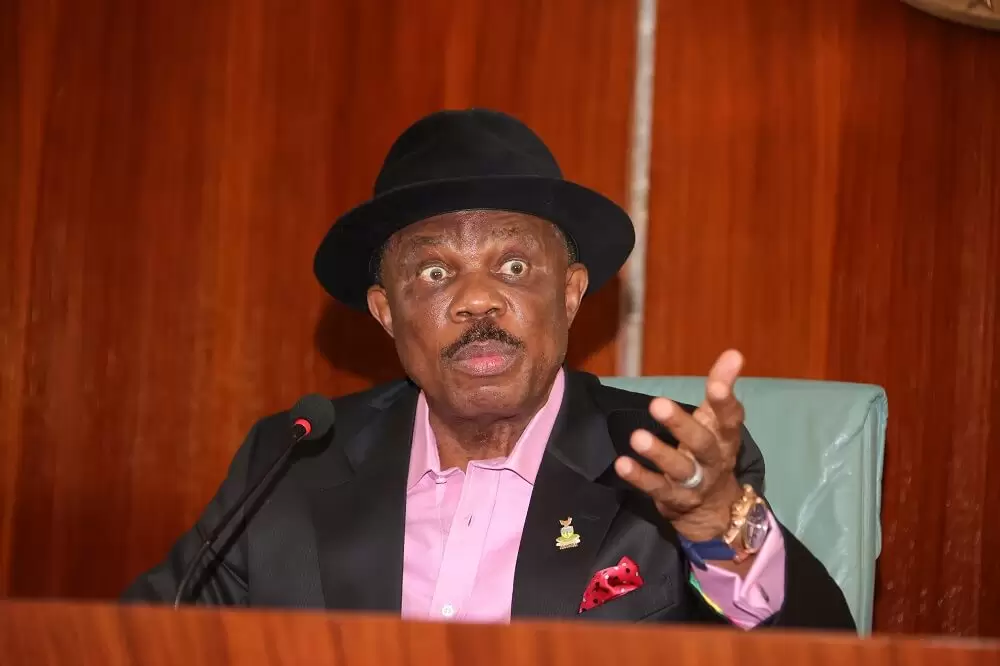Nigeria was established as single colony by the United Kingdom in 1912. In 1960, it was officially declared as independent country, with the current borders and with a federal system, but it was still marked by a strong internal fragmentation.
Hundreds of groups had to live together in this territory within the externally established borders. Although there are more than 500 languages in the country and around 250 ethnic groups, the Nigerian society is divided into four main groups: the Hausa, the Fulani, the Yoruba and the Igbo people. In turn, the largest oil reserves are in the south of the country.
The Nigerian Civil War, also known as the Biafra War (July 6, 1967 through January 13, 1970), was a political-ethnic armed conflict caused by the attempted secession of the provinces of the south east of Nigeria, mostly populated by Igbo people, under the name of Biafra Republic.
The war lasted two and a half years, and included the support of powers and superpowers to the two warring sides, with arms shipping from France, South Africa and Portugal to the rebels of the south, and support of the USSR and Great Britain to the federal government. Most African governments also supported the latter.
It is estimated that between 500,000 and 2,000,000 people died, mostly of starvation. When this conflict became visible overseas due to the images shown by the media, the international public opinion was shaken and the great need of humanitarian assistance was exposed. This situation was one of the great incentives for the creation of Médecins Sans Frontières (Doctors Without Borders [MSF]) in December 1971, almost two years after the end of the civil war, by a group of health professionals who did not agree with the way in which actions were taken on site.
Although Nigeria won the armed struggle, the conflict weakened the civil government and a string of military coups followed: two in 1966 and in 1975, and then successively in 1983, 1985, 1993 and 1996, until, in 1999, democracy was finally established.




